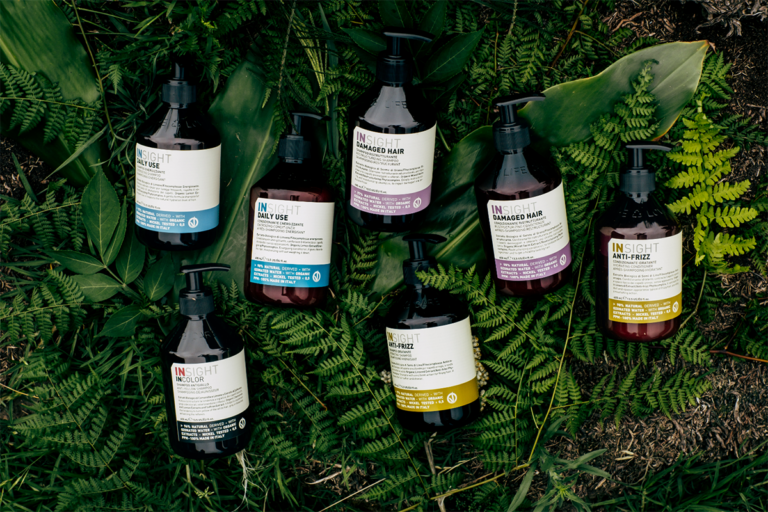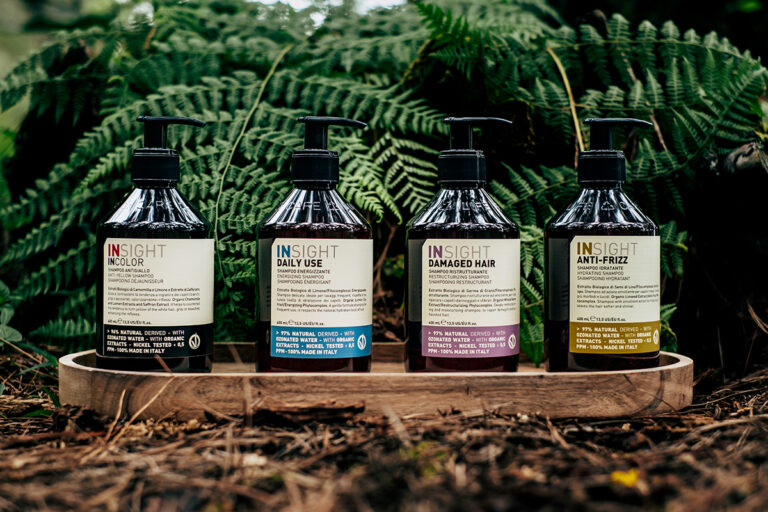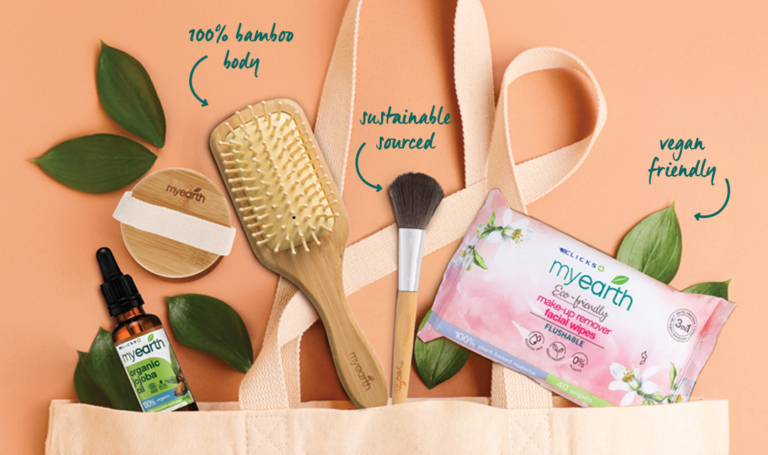
Friday, 28 May 2022 marks World Menstrual Hygiene Day. The Salome range, in collaboration with South Africa’s very own Minister of Menstruation, Candice Chirwa, believe that part of building a period positive world is acknowledging that we have a collective responsibility in changing the way society views periods in the 21st century.
“By educating people about menstrual health and what naturally based treatment options are available, we can ensure young menstruators celebrate their transition into adulthood without having to hide it in secret or manage their period in isolation”, says Chirwa. After all, menstruating or having a period is NORMAL and occurs as part of a woman’s monthly cycle.
However, the negativity of incorrect or misleading narratives linked to menstruation and it being treated as a “dirty secret” that is too taboo to discuss openly, makes particularly young women going through puberty think it is anything but normal and can often lead to a first period being a very traumatic experience. Further to this, not being able to discuss or know when the severity of period pains or the amount of blood flow experienced is normal adds further complications to women’s health. According to Chirwa, the importance of ‘busting menstrual myths’ cannot be emphasized enough!
Busting Menstrual Myths
A myth is a well-known story that was made up in the past to explain natural events or to justify religious beliefs or social customs. The more we discuss and empower women and society with knowledge about what is fact and what is fiction, the more likely we are to debunk myths associated with periods so women can embrace their womanhood and live without shame. Menstrual myths are a global issue and are not only a challenge faced in African culture. Ones that are most common include:
- You can’t fall pregnant while on your period.
- You should not wash your hair on your period.
- Walking barefoot on a cold floor often results in more intense period pains.
- PMS (premenstrual syndrome) is all in your mind.
- A tampon can get lost in your vagina/break your virginity.
- Period sex is disgusting.
- Eating ice increases period pains.
- Exercising on your period should be avoided.
- You shouldn’t have sex on your period.
- If you wear another menstruators pants – you’ll inherit their period pains.
- Wash your disposable period products so no one uses your blood for witchcraft.
- Don’t swim in the ocean or sharks will be attracted to your period blood.
- Don’t touch flowers/food on your period.
These are totally and categorically all NOT TRUE! There are even more myths around the world that you can read up about on helloclue.com.
“What we need to talk more openly about on Menstrual Hygiene Day and going into Youth Month also extends to misconceptions about physical behaviour and ability when it comes to periods. For instance, people thinking they are more clumsy when they have their period. Not only do myths and misconceptions create doubt and fear in women in social circumstances when they have their periods, but it can also create a negative working environment which affects overall production and teamwork,” explains Chirwa.
However, it is equally important to educate boys and men about menstruation as it is women, so that they can also be part of the solution and learn to respect women as their partners and colleagues when it’s that time of the month. The Salome range will be hosting activations at select Varsity College campuses in Durban, Johannesburg and Cape Town to help normalise conversations around periods and bust harmful menstrual myths.
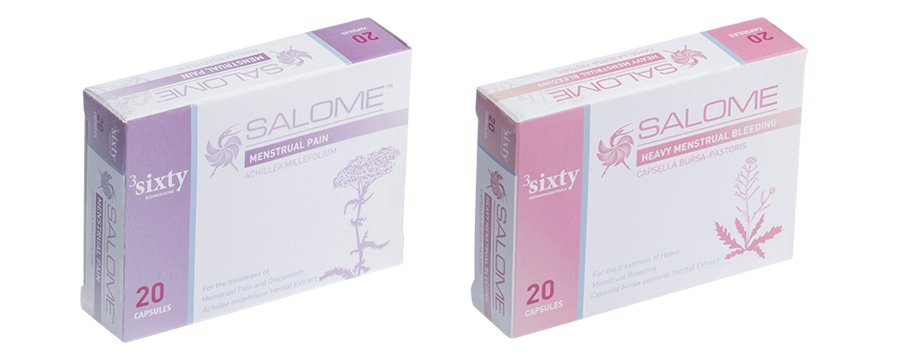
For more information about the Salome range and to be part of the Menstrual Hygiene Day conversation, visit www.salome-range.co.za. The full Salome range of products that helps to manage menstrual pain, heavy menstrual bleeding, premenstrual syndrome, infertility in women with Polycystic Ovary Syndrome (PCOS), and menopause are available to the public from pharmacies nationwide or online at Takealot.com and Salome’s website and can be reimbursed from medical aid savings.
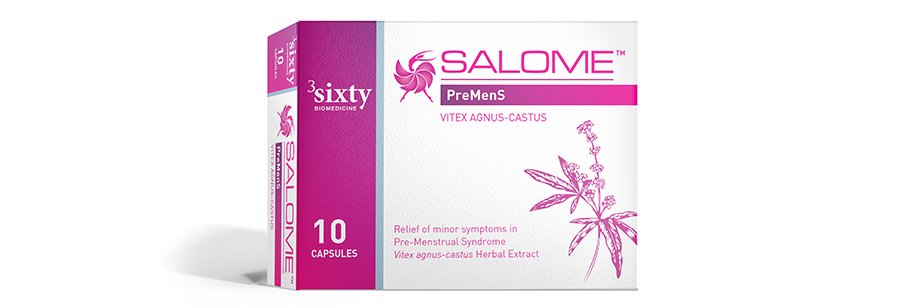
For more information about the Salome range, go to www.salome-range.co.za or connect on social media:
Facebook: Salome Range
Twitter: @SalomeRange
Instagram: SalomeRange
About Salome and 3Sixty Biomedicine
3Sixty Biomedicine was registered in 2019 and is based in Gauteng. Their goal is to provide biomedical scientific services focused on natural extracts and organic ingredients. 3Sixty Biomedicine is committed to providing world-class innovative healthcare solutions to the global market and have partnered with industry leaders to realise this vision of “improving livelihoods, improving lives.”
The Salome range of products provides solutions for previously unmet, or poorly met, medical needs related to women’s health and address issues such as infertility in women with Polycystic Ovary Syndrome (PCOS), menstrual pain, heavy menstrual bleeding, premenstrual syndrome and menopausal symptoms. In response to a growing demand in the SA consumer base this product range provides women with options based on herbal extracts.
This post was sponsored by Salome.
